If you’ve spent any time around teens (or any time on TikTok), you’ve heard the word cap being used. Maybe you’ve overheard your son tell his little brother, “That’s cap.” Or your daughter tell her friend, “No cap, I’m serious.”
You’re not alone if this kind of thing has left you wondering what cap means in slang—and where it came from to begin with.
Let’s break it down.
Cap Meaning (Slang)
In slang, cap means a lie, exaggeration, or just something that’s not true. If your child says, “That’s cap,” they’re calling out a statement as false or exaggerated. On the flip side, if they say, “No cap,” they’re emphasizing that they’re telling the truth—no lie.
So:
- “That’s cap” = “That’s a lie.”
- “No cap” = “I’m being honest.”
What Does “Cap” Mean and Where Did It Come From?
The slang meaning of cap didn’t come out of nowhere. It originated in African American Vernacular English (AAVE) and has been used in hip hop and street culture for decades. The term cap was originally used to refer to boasting, exaggerating, or “talking big.” Then, over time, it became shorthand for lying or exaggerating in general.
Artists like Future and Young Thug helped popularize the phrase in the 2010s with lyrics like “Yellow diamonds like bananas, that’s cap… Put some dirty in Mellow Yellow, no cap.” From there, cap made its way into social media, online gaming, and everyday teen vocabulary.
What Does “No Cap” Mean?
“No cap” means “no lie.” It’s used to add emphasis and signal that what someone is saying is 100% true.
One way to think of it is like adding an exclamation point to a promise, hot take, or a bold claim:
- “That was the best pizza I’ve ever had—no cap.”
- “No cap, I studied for five hours straight.”
It’s another, newer way of saying: “I’m being real with you.”
Cap Slang in Everyday Life
You’ve probably seen cap slang all over social media platforms like TikTok, Snapchat, and Instagram. Sometimes people even use the 🧢 (billed cap) emoji to represent the word visually.
Here’s how teens might use it in conversation or comments:
- “You met Drake? That’s cap.”
- “I didn’t cheat, no cap!”
- “He said he can run a 4-minute mile—major cap.”
Like other popular slang terms (especially in the social media age), cap is quick, expressive, and always evolving.
Is “Cap” Still Trending?
Yes—and it’s not just a fad. While some slang comes and goes, “cap” has become a core part of Gen Z and internet language. It’s short, punchy, and easy to use in all kinds of situations, from joking around to calling someone out.
And because it originated in Black communities and hip hop culture, cap also carries cultural significance. Understanding its roots helps us appreciate how language evolves—and how it’s shaped by the communities that create it.
Final Thoughts
Slang moves fast so it can feel impossible to keep up. The easiest way to stay on top of slang trends is to just ask your kids when they use a word you don’t know. But it’s important to do so without judgment, otherwise they’ll start to avoid those conversations with you altogether.
As ridiculous as some modern slang can seem, the next generation is really doing what our generation (and everyone before) has done too. Communication is a big part of connection and both are happening online so leaving the door open to discuss topics like slang is an important part of tech parenting today.

Many parents worry about how their kids are communicating online, so Gabb has made it a point to create innovative tools that help you keep them safe. Whether it’s a Gabb device that doesn’t allow social media before they’re ready, or Gabb Messenger, our state-of-the-art safe messaging app, you don’t have to settle for adult tech with a few safety features slapped on.
Have you heard your kids use “cap” or “no cap”? Drop their funniest or most confusing slang moments in the comments.
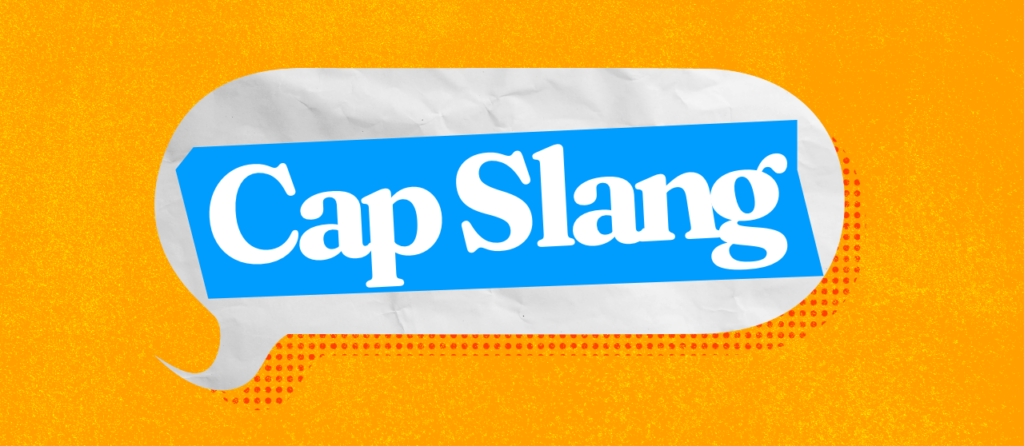
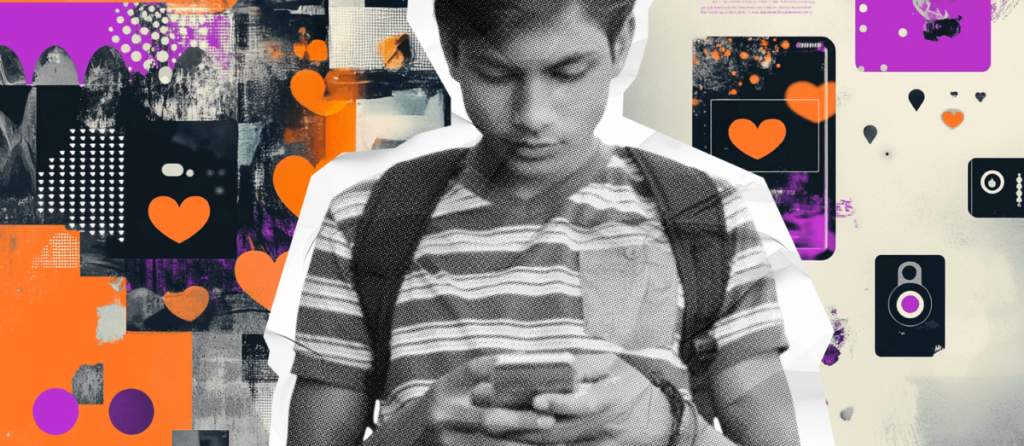
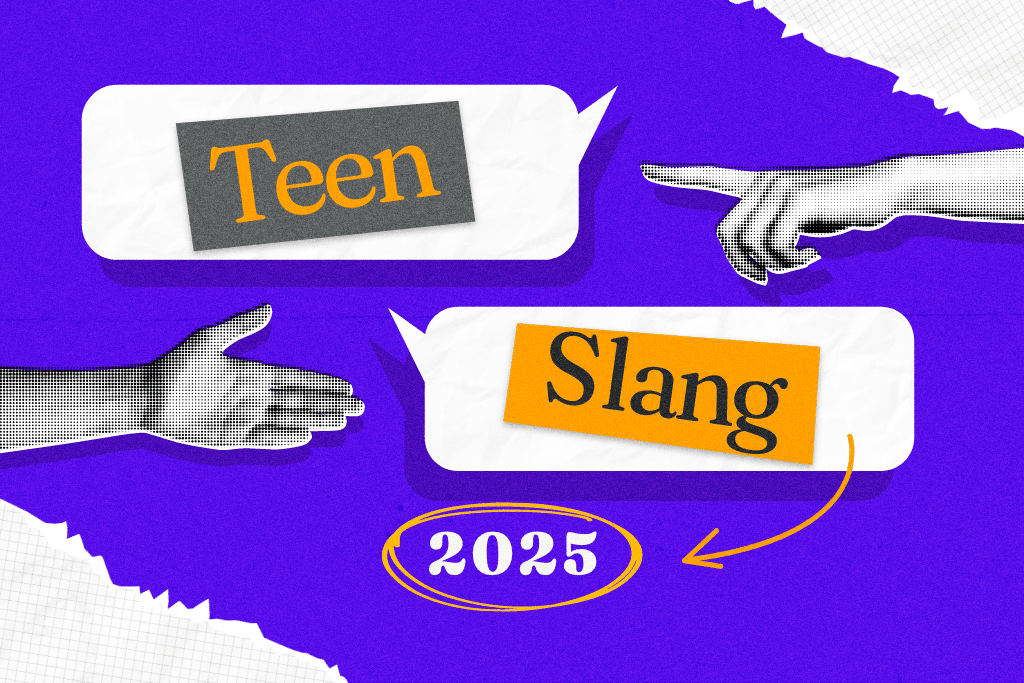
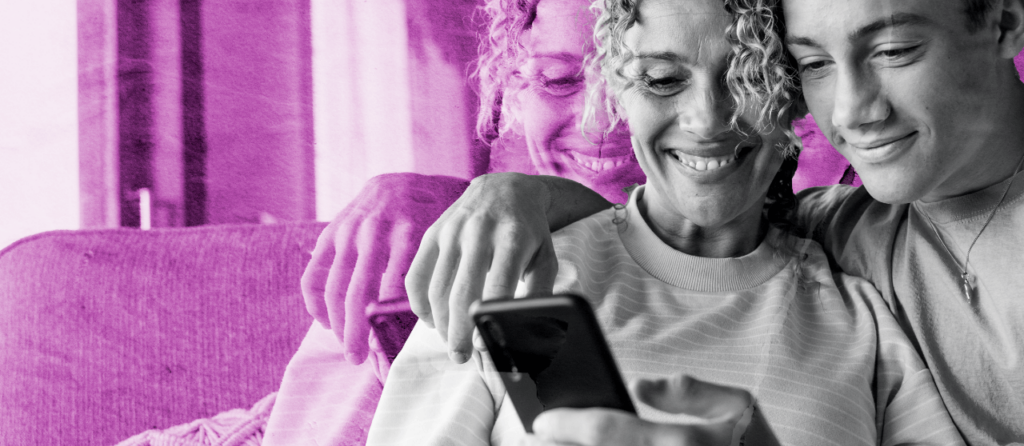
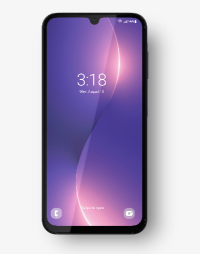

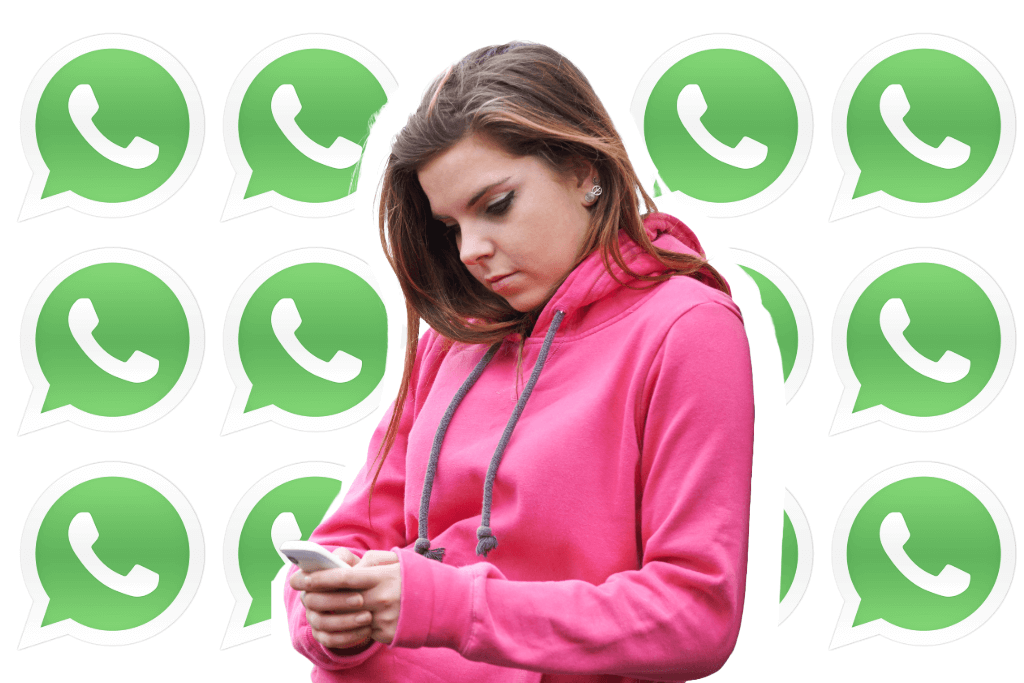
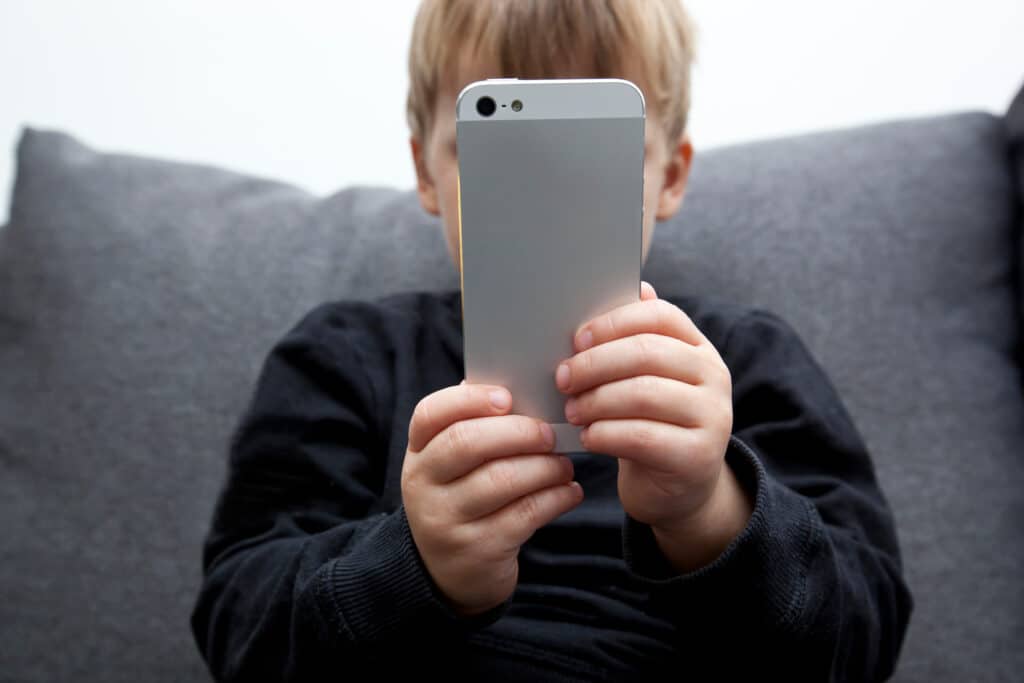
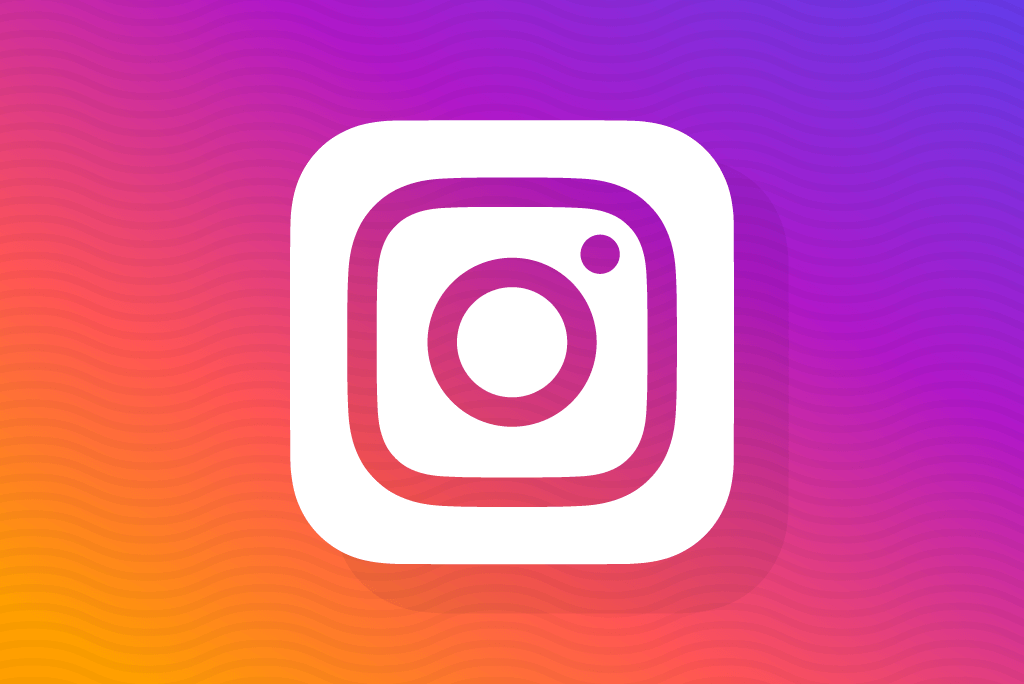
Success!
Your comment has been submitted for review! We will notify you when it has been approved and posted!
Thank you!